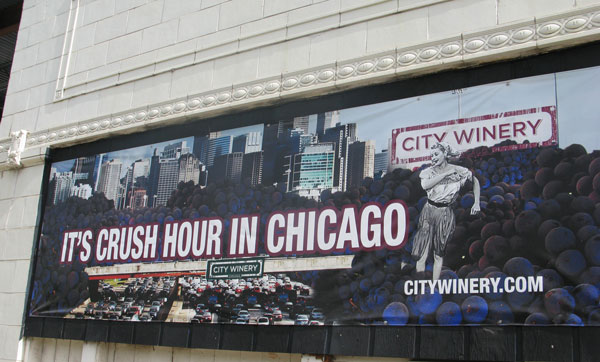Two Lads’ Cornel Olivier’s Journey From Africa to Michigan
‘Do not go where the path may lead, go instead where there is no path and leave a trail.”
Ralph Waldo Emerson
Like an old grapevine, the paths we follow in life are full of twists and turns. This story is the last installment of a three-part series profiling Midwest wine makers who have successfully left other careers to pursue enology and viticulture.
Cornel Olivier, winemaker and partner at 2 Lads Winery in Traverse City, Michigan, learned many viticulture related skills while growing up in South Africa. The family farm in the Stellenbosch wine region included orchards and vineyards where Olivier helped grow and harvest the fruit, including the grapes that would be sold to local wineries. His grandfather also taught him how to make wine. “We were always around wine, especially with Sunday dinner!” he says.
However, with the farm just a few miles from both the Indian and Atlantic Oceans, Olivier says the sea was also a powerful attraction growing up. Rather than sailing or surfing, Olivier’s oceanic ambitions were of a martial nature. His dream was to join a maritime regiment of his country’s equivalent of the Navy Seals: The South African Special Forces Brigade (popularly known as “Recces”). Olivier’s farm work ethic and his success in a range of competitive sports including rugby, cricket and track earned him a spot as the youngest of 18 special forces recruits. Fortunately for the wine industry, Olivier contracted an infection during what’s called the ‘hell week” phase of evaluation and was forced to return home and reconsider his future.
Olivier decided upon a career in wine. He was accepted into South Africa’s highly competitive Viticulture and Wine Science program at Elsenburg Agricultural School, a program that includes its own vineyard in partnership with Nietvoorbig Research Institute in Stellenbosch.
An opportunity to work and study abroad came in 1999 and he moved to Traverse City, where he worked as assistant winemaker with German-born Bernd Croissant at Chateau Grand Traverse and then with Mark Johnson of Chateau Chantal. Next, Olivier went to Brys Estate Winery, also on the Old Mission Peninsula, where he won awards for Cabernet Francs and Pinot Noirs made with the help of fellow South African vintner Coeonraad Stassen.
In 2007, Olivier decided it was time to start his own winery and partnered with a Traverse City native and colleague from Chateau Grand Traverse, Chris Baldyga, and Chris’s father-in-law, Dick Quartel, to found 2 Lads Winery. In 2008 they opened their 10,500 square foot facility located on 58 acres of the Old Mission Peninsula.
Today, on 22 acres of vineyards they mainly grow cool climate reds – Cabernet Franc, Pinot Noir, Merlot – and Pinot Grigio for sparkling whites. The winery is committed to sustainable farming. Rather than pumps, 2 Lads uses gravity flow to move the wine juice during processing.
After six years running his winery, Olivier says, ‘Managing a 22-acre vineyard and a modern winemaking facility require skills that are similar to those necessary to compete at the highest levels of other professions.” He compares the wine business to competitive sports and the military: a meritocracy where skill and intelligence are rewarded. This includes strategic decision-making for his vineyard based on thoroughly understanding its soil composition and the local climate through rigorous research and testing before planting even a single vine.
‘When I look at things, I never go 50/50,” says Olivier. “It’s especially challenging growing grapes here so I need to make the right decisions and think about many things – labor, finance, soil content, slope, degree of sun exposure and drainage, in order to make the best wines possible.” Sounding like an army general leading a campaign, Olivier continues, “I have a Plan A, Plan B and Plan C based upon each location in the vineyard.
However good the preparation and planning, even the best generals can’t completely control the results of their battles, nor can winemakers. Olivier seems to agree. ‘With so many variables, winemaking reminds us how difficult it is to know precisely which decisions contribute to the final product.”
See related story: Midwest Winemakers Blend Career Paths
[wp_geo_map]


